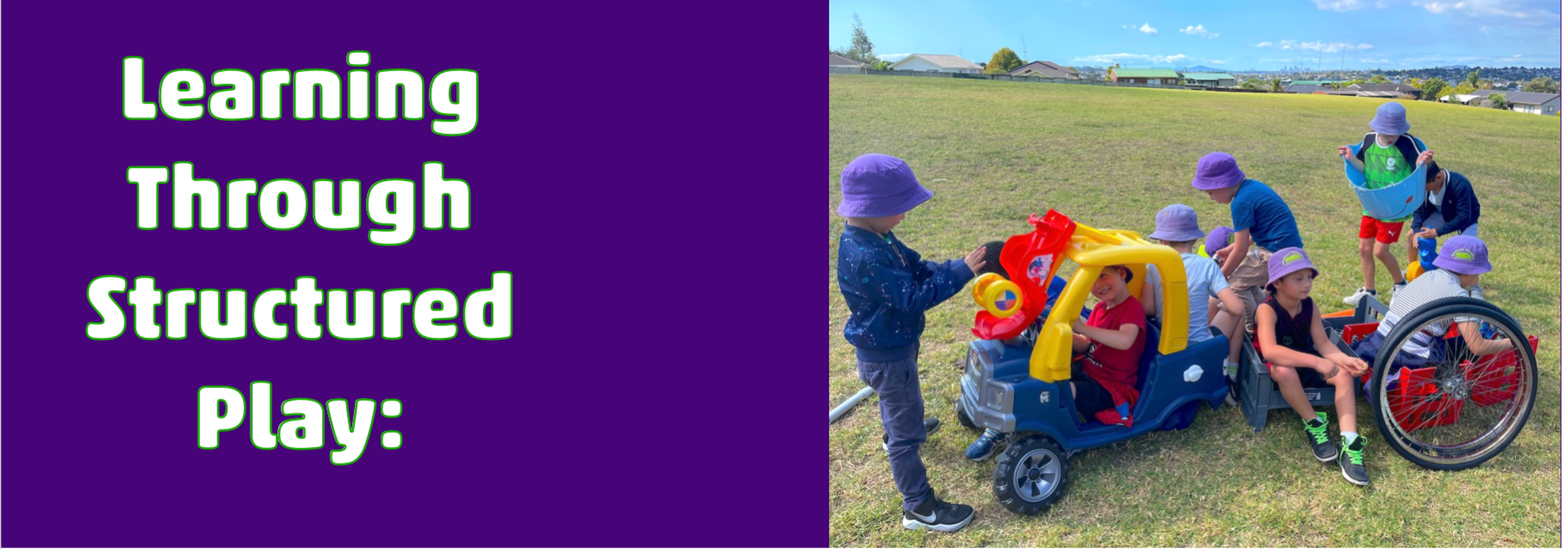The Importance of Play
The Importance of Play
Dr David Whitebread
University of Cambridge
With Marisol Basilio, Martina Kuvalja and Mohini Verma
A report on the value of children’s play with a series of policy recommendations.

The Importance of Play
The Importance of Play
Dr David Whitebread
University of Cambridge
With Marisol Basilio, Martina Kuvalja and Mohini Verma
A report on the value of children’s play with a series of policy recommendations.
I share the Executive Summary with you from this comprehensive (55 page report) - title shown above. The full report is available for download by clicking on the file download button at the bottom of this page.
2.1 The archaeological, historical, anthropological and sociological research into children’s play shows that play is ubiquitous in human societies, and that children’s play is supported by adults in all cultures by the manufacture of play equipment and toys. Different types of play are more or less emphasised, however, between cultures, based on attitudes to childhood and to play, which are affected by social and economic circumstances.
2.2 In many ways, children’s right and opportunities for play are constrained within modern urbanised societies within Europe. This appears to be a consequence of the environmental ‘stressors’ of contemporary life, the development of a risk-averse society, the separation from nature, and tensions within the educational arena, with an emphasis on ‘earlier is better’.
2.3 The evolutionary and psychological evidence points to the crucial contribution of play in humans to our success as a highly adaptable species. Playfulness is strongly related to cognitive development and emotional well-being. The mechanisms underlying these relationships appear to involve play’s role in the development of linguistic and other representational abilities, and its support for the development of metacognitive and self- regulatory abilities.
2.4 Psychological research has established that there are five fundamental types of human play, commonly referred to as physical play, play with objects, symbolic play, pretence or socio-dramatic play, and games with rules.
Each supports a range of cognitive and emotional developments, and a good balance of play experience is regarded as a healthy play diet for children. Some types of play are more fully researched than others, and much remains to be understood concerning the underlying psychological processes involved.
2.5 Children vary in the degree to which they are playful, and have opportunities to play. Playful children are securely attached emotionally to significant adults. Poverty and urban living, resulting in stressed parenting and lack of access to natural and outdoor environments, can lead to relative play deprivation.
At the same time, children brought up in relatively affluent households may be over-scheduled and over-supervised as a consequence of perceptions of urban environments as dangerous for children, and a growing culture of risk- averse parenting.
Children suffering from severe play deprivation suffer abnormalities in neurological development; however, the provision of play opportunities can at least partially remediate the situation.
2.6 Leading play researchers from eight European countries were consulted about their work and their views on the important aspects of play for learning and development.
While there were differences in emphasis, there was general consensus that play is difficult to define, that it is not the only context for children’s learning, but makes unique and beneficial contributions, that play provision is under threat in Europe, and that there are dangers but also contributions from screen-based play. The role of adults in supporting children’s play is complex, often poorly executed and counter-productive, and different views were expressed. This is an area which would benefit from further research.
2.7 Organisations supporting and advocating children’s play from across Europe were also consulted, with twelve representative bodies responding to a survey of their work, their views on the nature and value of children’s play, and on the extent and quality of current provision. Perhaps not surprisingly, there was widespread support for the value of play and extensive evidence of poor provision. At the same time, numerous examples were provided of initiatives which were significantly enhancing opportunities for high quality play experiences in different parts of Europe.
2.8 The report acknowledges the work of the European Commission and Council in their development of policies supporting provision for children’s play. For example, on 12 May 2011, the European Parliament adopted a resolution on Early Years Learning in the European Union, which notes that the early years of childhood are critical for children’s development and highlights that ‘in addition to education, all children have the right to rest, leisure and play’.
2.9 It makes four recommendations for more detailed policies which could be developed, with advantage, by the European Union, which are supported by the research evidence and the expert views of the play researchers and organisations consulted. These are as follows: